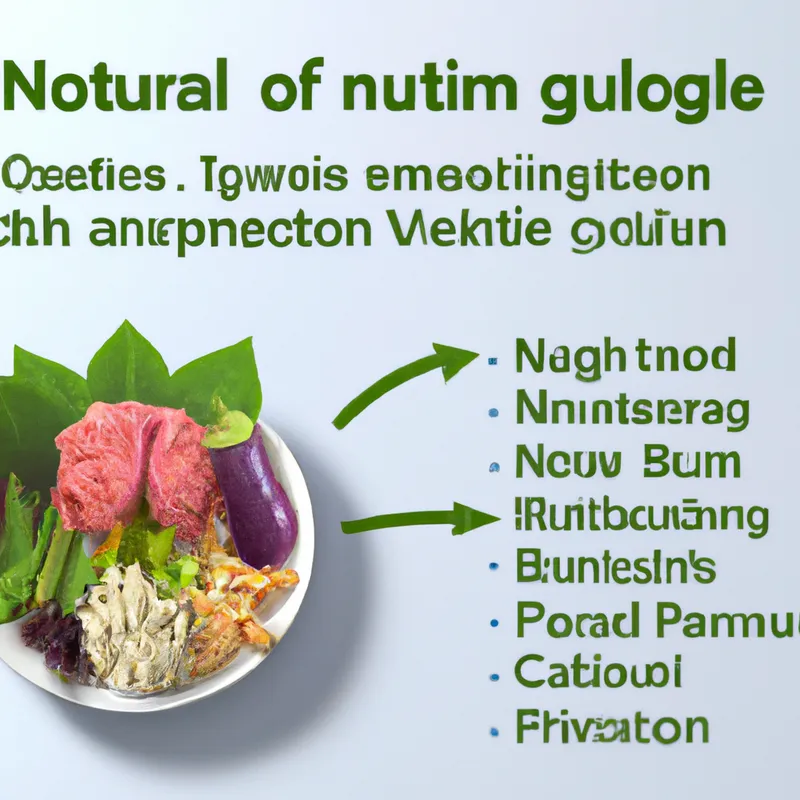Boost Your Gut Health with Simple Changes
How to Reduce Gut Inflammation Naturally
Gut inflammation causes health issues like digestive disorders, autoimmune diseases, and mental health challenges. You can manage gut inflammation naturally. Simple lifestyle changes and specific foods promote healing and restore gut balance. This post explores effective methods to reduce gut inflammation.
Understand Your Gut Health
Before finding solutions, understand gut inflammation. The gut includes the stomach and intestines. An inflamed gut lining disrupts digestion and nutrient absorption.
Factors like poor diet, stress, and lack of exercise contribute to gut inflammation. Address these issues to improve gut health. Let’s explore natural ways to reduce inflammation.
Tips for Reducing Gut Inflammation
1. Adopt an Anti-Inflammatory Diet
Eating an anti-inflammatory diet supports gut health. Focus on whole, unprocessed foods. Include plenty of fruits and vegetables rich in antioxidants. These nutrients combat inflammation and promote healing.
Add healthy fats to your meals. Foods like avocados, olive oil, and fatty fish provide omega-3 fatty acids with anti-inflammatory properties. Snack on nuts and seeds for additional health benefits.
Reduce sugar and refined carbs intake. These foods trigger inflammation. Instead, choose whole grains like quinoa and brown rice for fiber that supports gut health.
2. Stay Hydrated
Hydration plays a vital role in overall health. Water helps your digestive system function properly. Aim for at least eight glasses of water daily. Herbal teas, like chamomile and ginger, also offer anti-inflammatory benefits.
Hydration supports the mucosal lining in the gut. A well-hydrated gut functions efficiently. Make water your drink of choice to reduce inflammation.
3. Manage Stress
Chronic stress harms gut health. Stress hormones disrupt digestion, causing inflammation. Find ways to manage stress effectively.
Incorporate mindfulness practices into your routine. Techniques like meditation, yoga, and deep breathing can significantly lower stress levels. Even a few minutes daily can make a difference.
Engage in physical activities you enjoy. Regular exercise promotes a healthy gut and reduces stress. Aim for at least 30 minutes of moderate exercise most days.
4. Incorporate Probiotics and Prebiotics
Probiotics and prebiotics play crucial roles in gut health. Probiotics are beneficial live bacteria. Foods like yogurt, kefir, sauerkraut, and kimchi are rich in probiotics. Add these to restore gut flora balance.
Prebiotics are non-digestible fibers that feed good bacteria. Foods like garlic, onions, and bananas provide excellent prebiotic sources. Combining both helps enhance gut health and reduce inflammation.
Additional Advice for Gut Health
Dietary changes are essential, but lifestyle adjustments matter too. Ensure you get enough sleep each night. Lack of sleep increases inflammation in the body. Aim for 7-9 hours of quality sleep to support gut health.
Avoid smoking and limit alcohol consumption. Both irritate the gut lining and increase inflammation. Seek support to quit smoking. Reducing alcohol benefits your overall health.
Benefits of Reducing Gut Inflammation
Reducing gut inflammation offers numerous benefits. First, it improves digestion and enhances nutrient absorption. This reduces discomfort after meals. Second, a healthy gut boosts your immune system, preventing infections.
Additionally, reducing inflammation enhances mental health. Research shows a strong connection between gut health and mental well-being. A balanced gut improves mood and reduces anxiety.
Finally, managing gut inflammation aids weight management. An optimal gut regulates hunger and metabolism better. This leads to healthier weight loss or maintenance.
Conclusion
In summary, you can naturally reduce gut inflammation through dietary and lifestyle changes. Focus on an anti-inflammatory diet rich in whole foods. Stay hydrated, manage stress, and include probiotics and prebiotics in your meals. Prioritize sleep and limit harmful habits like smoking and excessive drinking.
Implement these strategies to improve gut health and enjoy the benefits. Take small, consistent steps toward a healthier gut, and you will likely see significant improvements in your overall well-being.
Below are related products based on this post:
FAQ
What is gut inflammation and how does it affect health?
Gut inflammation is the irritation and swelling of the gut lining, which includes the stomach and intestines. It disrupts digestion and nutrient absorption, potentially leading to issues like digestive disorders, autoimmune diseases, and mental health challenges.
What dietary changes can help reduce gut inflammation?
Adopting an anti-inflammatory diet is key to reducing gut inflammation. Focus on whole, unprocessed foods, including plenty of fruits and vegetables rich in antioxidants, healthy fats like avocados and olive oil, and whole grains. Additionally, reduce sugar and refined carbs as they can trigger inflammation.
How can stress management contribute to gut health?
Chronic stress can harm gut health by disrupting digestion and promoting inflammation. Managing stress through mindfulness practices like meditation, yoga, and regular physical activity can significantly lower stress levels and support a healthier gut.















Post Comment